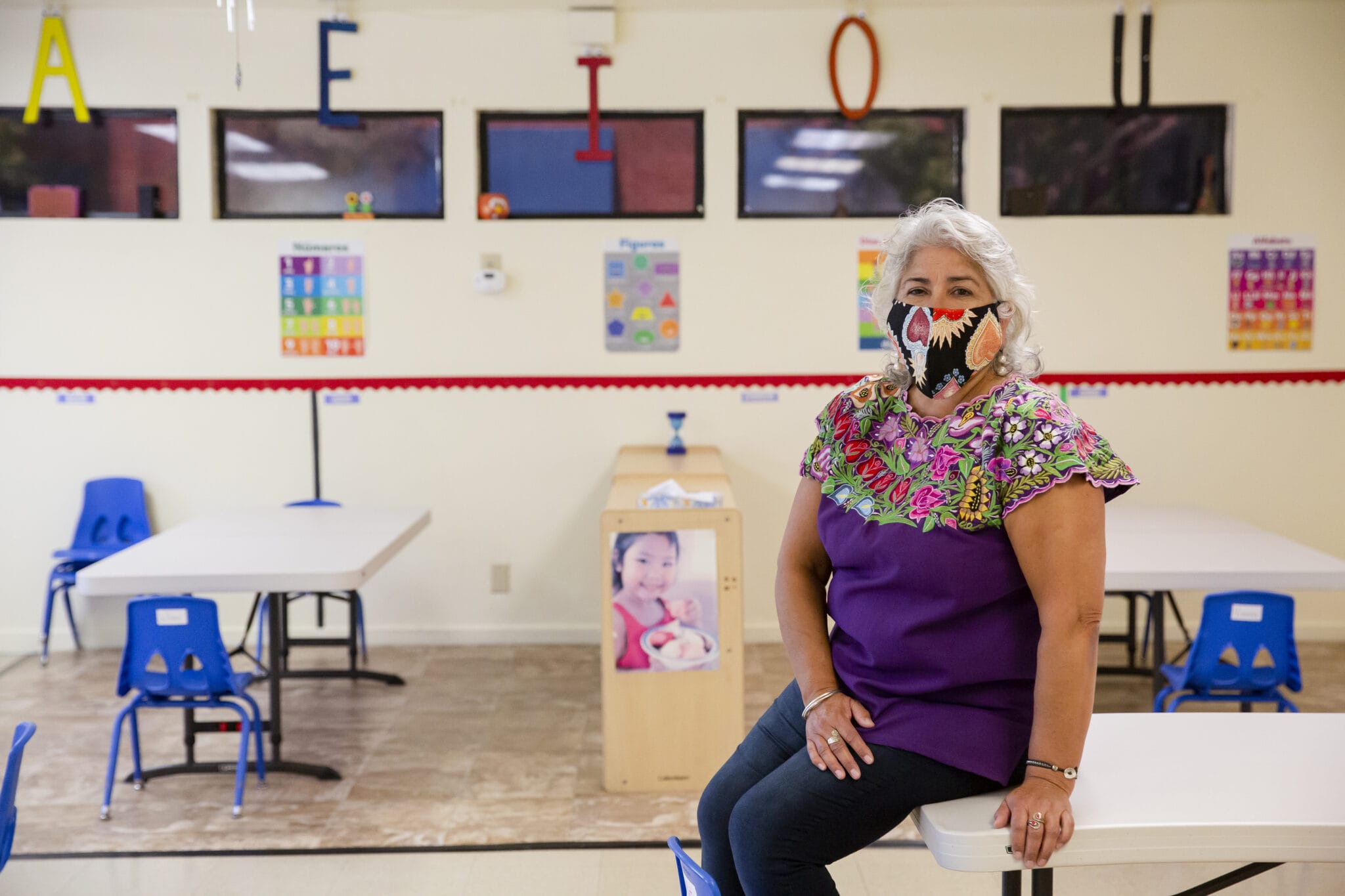Ensuring that early educators have the skills, knowledge, and experiences necessary to implement effective practices and the access to education that provides wage improvement remains critical.
Quality improvement leaders and policymakers have increasingly considered alternative instructional and training models to deliver education, including the apprenticeship model, which is gaining favor with many in the early care and education field. This model combines classroom-based learning and on-the-job training to provide the knowledge and skills early educators need in order to implement effective practices in their early education roles.
In 2019, the Center for the Study of Child Care Employment (CSCCE) conducted an evaluation of the SEIU Early Educator Apprenticeship Programs. This evaluation adds to the growing body of evidence that apprenticeship programs present a promising approach to improving the knowledge, skills, and professional identity of early educators. Apprentices who participated in this evaluation benefited from the strategies employed by the apprenticeship programs to remove barriers and support success, and these apprentices reported gains in their knowledge and enhancements to their practices with children and families. The report offers recommendations for future iterations of apprenticeship and on-the-job training programs.



